Recycled-PET – Battery life – EV-Cars 25-03-2023 - Arhive
Recycled-PET – Battery life – EV-Cars
-SK Chemicals Invests $98.4 Million in Recycled PET Market
SK Chemicals to acquire assets to produce chemically recycled BHET to make chemically recycled PET with plans to expand into Europe and North America.
SK Chemicals, based in South Korea, has signed a $98.4 million agreement to acquire a chemical recycling plant and polyethylene terephthalate (PET) production facility from China-based Shuye Environmental Technology.
With capacity of 70,000 metric tons/77,162 tons, the acquired recycling plant uses depolymerization technology to chemically break down plastic waste into monomers and produce recycled bis-hydroxyethyl terephthalate (BHET).
SK Chemicals’ newly acquired facility for producing chemically recycled PET, with capacity of 50,000 metric tons (55,116 tons), uses that recycled BHET in manufacturing rPET.
The deal has enabled the company to create a recycled-plastic value chain encompassing chemically recycled BHET, chemically recycled PET, and chemically recycled copolyester. Copolyester is SK Chemicals’ core business. Recycled-PET – Battery life – EV-Cars
Through the acquisition, the company has gained a one- to two-year jump on domestic competitors in commercial production of chemically recycled BHET and products that use depolymerization technology.
“We will strive to become a leading company in the global recycled plastic market by pursuing global expansion and advanced recycling business models,” Ahn Jae-hyun, CEO of SK Chemicals, said in a prepared statement.
SK Chemicals plans production operations in Europe, North America, and elsewhere.
Going forward, the company plans to work with new partners to expand its depolymerization capabilities domestically and to build global production infrastructure in Europe, North America, and other areas.
SK Chemicals also plans to ramp up development of depolymerization technology with recycled terephthalic acid (rTPA), an innovation in the recycled plastic industry.
rTPA is a chemically recycled raw material that enables easy removal of impurities from waste PET and production of high-quality recycled plastic without additional production equipment. Recycled-PET – Battery life – EV-Cars
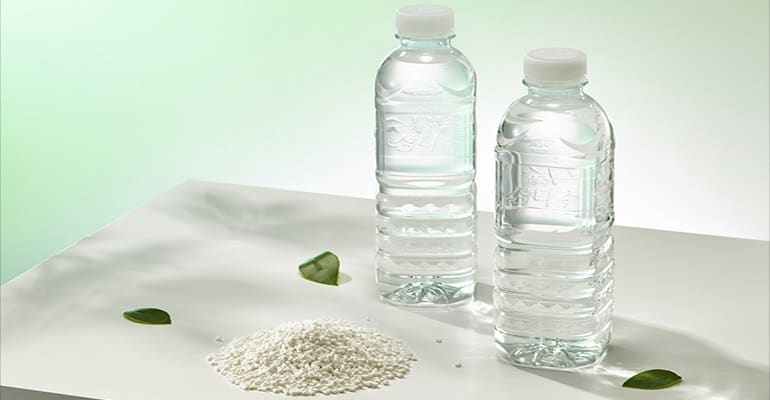
-Getting to net zero in Norway
New report offers a roadmap for transition to circularity
A new study analysing the Norwegian plastics system says a major portion of the country’s circularity and net zero emissions goals are achievable by 2040, but that this will require ‘ambitious policies, innovation, capital investment, cross value-chain collaboration, consumer engagement and labour force reskilling’.
The study, entitled ‘Achieving Circularity’, is the most comprehensive undertaken to date of a national plastics system.
Conducted by Systemiq, in partnership with Handelens Miljøfond (Norwegian Retailers’ Environment Fund) and consultancy Mepex, with input from 16 international experts, the report is a synthesis of the two previous studies: “Achieving Circularity for Single-Use Plastics” and “Achieving Circularity for Durable Plastics”. The former focuses on consumable applications of plastics in packaging and household goods of a single-use nature with lifetimes of less than a year. The latter looks at durable plastics in five different sectors. Together, these studies address the seven sectors that currently cover some 80% of Norwegian plastic consumption. Recycled-PET – Battery life – EV-Cars
The present report explores what levels of circularity and greenhouse gas emissions abatement could realistically be reached by the Norwegian plastic system by 2040 and how these can be achieved. Its main findings were the following:
Only 22% of plastic across these seven sectors is reused or recycled. Right now, the plastics system relies for 90% on fossil-based plastic manufacturing processes; 70% of plastic is incinerated. It represents some 7% of Norway’s GHG emissions.
Norway’s current policy and industry commitments are inadequate for transforming the Norwegian plastic system in a way that aligns with the goals of the European Green Deal, or the Paris and Glasgow climate agreements.
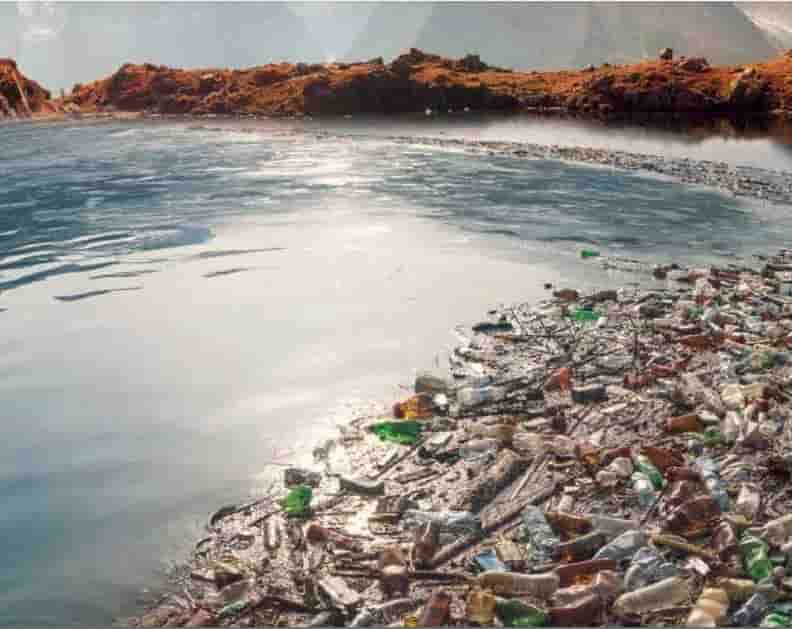
-Call for fast lane to recycled PET rejected
The European Commission (EC) has rejected calls from the bottled water industry to prioritise recovered PET bottles for recycling into new food-grade plastics – and preferably for bottle-to-bottle circular supply chains – according to media analyst EuroActiv.
The EC’s view is that any such restriction to open trade would risk distorting the current market for secondary materials.
As a form of polyester frequently used in the beverage industry, PET (polyethylene terephthalate) is strong, lightweight and completely safe for use in food-contact applications but PET from recycled bottles is also used extensively as a raw material for both textiles and nonwovens.
Freudenberg, for example, pioneered PET recycling for nonwovens in the early 1990s and today uses an estimated seven million PET bottles in its manufacturing processes annually.
While 60% of used PET bottles are successfully collected, new bottles placed on the EU market contain on average only 17% of recycled PET, while the rest is going predominantly going into textiles and nonwovens. Recycled-PET – Battery life – EV-Cars
Bottle manufacturers have argued that this is downcycling, rather than contributing to circular systems and petitioned EC legislators to address the issue by granting them priority access to the recycled material they put on the market. They have suggested doing this by introducing a ‘right of first refusal’ for manufacturers in the EU’s packaging and packaging waste regulation (PPWR), which was tabled by the EC last November.
Speaking at a Euractiv event in February, Klára Hálová of Mattoni 1873, a Czech Republic-headquartered leader in the non-alcoholic beverage market in Central Europe, suggested other industries were “free-riding” on PET bottle manufacturers, EuroActiv’s Valentina Romano reports. As a consequence, competition for the recycled PET was causing the prices to skyrocket.
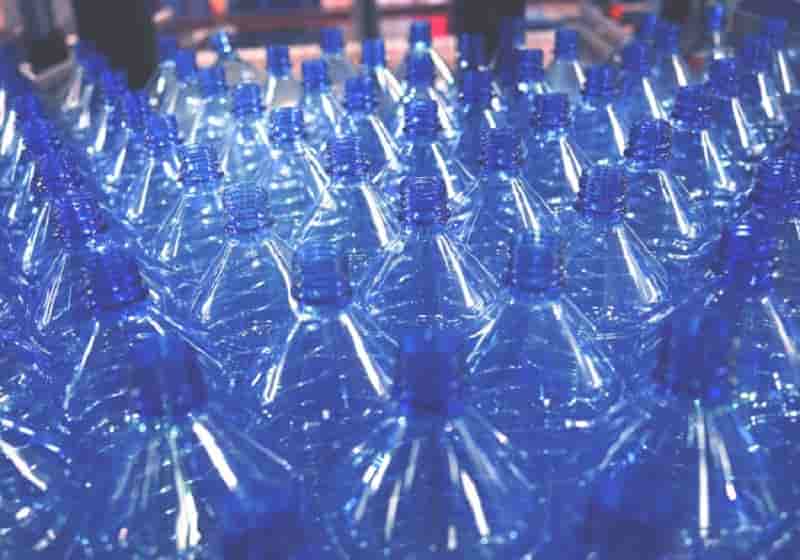
-Magnet race will be sparked by Tesla’s vision of EVs without rare earths
As Tesla Inc. plans to remove rare earths from future models, the industry is reeling, but the move should also encourage others to develop alternative materials for electric car motors currently reliant on rare earths Recycled-PET – Battery life – EV-Cars
Colin Campbell, vice president of powertrain engineering, said during the company’s investor day earlier this month that the Model 3 and Model Y powertrains have already reduced heavy rare earths consumption by a quarter, and Tesla’s next drive unit includes a permanent magnet motor that uses none of the materials.
The automaker wants to reduce dependence on commodities that are more prone to extreme price swings, avoid processes with environmental and health hazards, and maintain prices as low as possible.
Due to volatile costs and China’s tight control over the supply chain, rare earths, which are used in magnets in everything from phones to wind turbines and fighter aircraft, have long been a problem for automakers and the clean-energy industry. Over two-thirds of mining and 85% of material refinement are done in China.
The risks of relying on Beijing were brought to light in 2010 when prices rocketed following China’s decision to cut exports, and again in 2019 and 2020 amid fears that shipments may be restricted once again due to trade concerns with the US.
Several automakers have also tried to lessen their reliance on rare earths, including BMW AG, Toyota Motor Corp., and General Motors Co. Recycled-PET – Battery life – EV-Cars
Following Campbell’s remarks, shares of other companies, notably JL Mag Rare-Earth Co. and Jiangsu Huahong Technology Stock Co., fell sharply, and Lynas Rare Earths Ltd., the largest producer of the materials outside of China, has had its shares fall by almost a quarter this month.
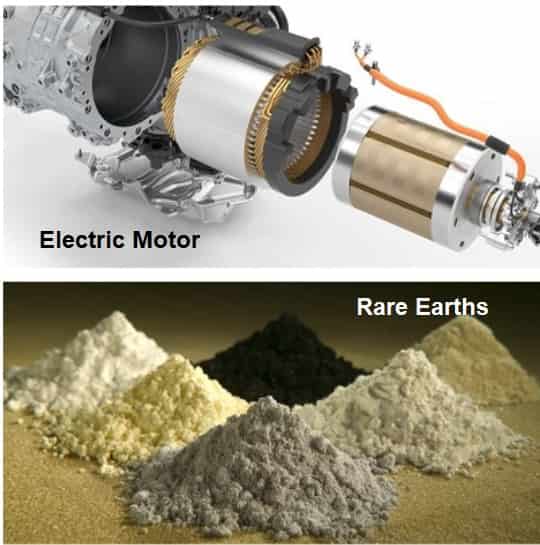
-Lummus and NER announce partnership to deploy waste plastic recycling technology at scale
Lummus Technology, a global provider of process technologies and value-driven energy solutions, announced that its Green Circle business entered into a strategic partnership with New Energy Risk (NER), a wholly-owned division of Paragon Insurance Group, in which NER will serve as the preferred insurance supplier for Green Circle’s advanced waste plastic recycling technology, said the company.
Upon completing a thorough due diligence process, NER is prepared to provide technology performance insurance solutions to plant owners and operators who license Green Circle’s advanced waste plastic recycling technology. Since 2013, NER’s performance insurance has enabled the financing of over USD3 billion for development of new and renewable clean energy technologies and other circular economy projects.Recycled-PET – Battery life – EV-Cars
“NER provides an extremely valuable service to project owners looking to deploy early-stage technologies at scale through project finance,” said Greg Shumake, Managing Director of Green Circle. “They thoroughly evaluated our advanced waste plastic pyrolysis technology and are confident in its commercial viability. And as a result, it will be easier for our clients to develop bankable projects to drive a more circular economy.”
The waste plastic pyrolysis technology uses a thermochemical process for turning end-of-life plastics into a high-quality product that can be used to reduce the carbon intensity in the production of both transportation fuels and circular plastics. Green Circle is working across the sector, from Fortune 500 companies to independent project developers, to deploy technologies that close the loop of the plastic product lifecycle.
“Green Circle’s advanced waste plastic pyrolysis technology has been developed with a level of expertise and discipline that is rare,” said Brad Price, Managing Director of Technical Due Diligence at New Energy Risk. “We are proud to help accelerate the adoption of this technology by providing assurance to owners and investors that this technology will perform.”Recycled-PET – Battery life – EV-Cars
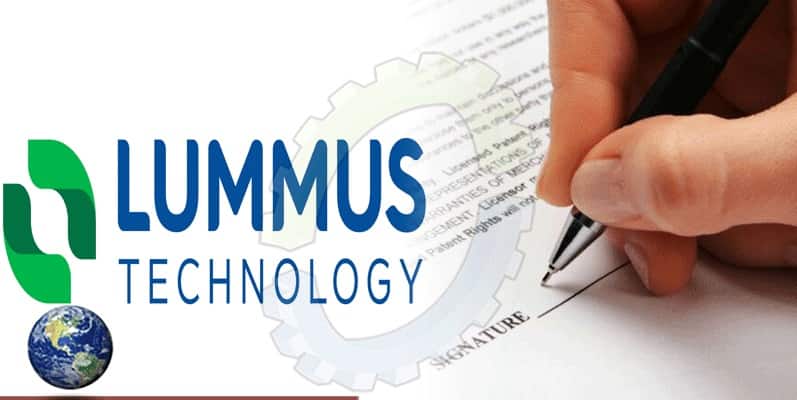
-Envicco gains approval to sell R-PET for domestic use
PTT and ALPLA under the entity Envicco received approval from Thailand’s FDA (Food and Drug Administration) to sell recycled polyethylene terephthalate (R-PET) for local use, said the company.
Envicco is the first recycler in Thailand to gain the seal after the government announced in June 2022 that R-PET pellets will be allowed for local food packaging. Thailand’s decision is a key development across Asia’s R-PET industry which could potentially impact trade flows of the materials. Recycled PET – Battery life – EV-Cars
The approval opens substantial demand potential for R-PET materials as currently only virgin PET plastics are allowed for use in applications such as bottled beverages in domestic markets. Other major recyclers in Thailand which include Indorama and EcoBlue have also applied for the permits since last year and are waiting for approval.
Envicco produces up to 30,000 tonnes/year of bottle-grade R-PET pellets and exports to customers both within Asia and to long-haul clients. The opening of the local market bolsters demand for the food-grade pellets and could potentially divert overseas-bound cargoes to local consumers.
Most recyclers expect production rates at respective plants to remain sufficient to meet both local and overseas demand. The move is in line with Thailand’s steady push towards increasing its recycling rates for more sustainable plastic packaging solutions in the future.
Thailand has announced earlier this year that by 2025, it will completely ban imports of mixed plastic waste bales.
The ban could severely tighten available feedstock when R-PET pellets demand is robust due to higher sustainability targets from major brands in the coming years.
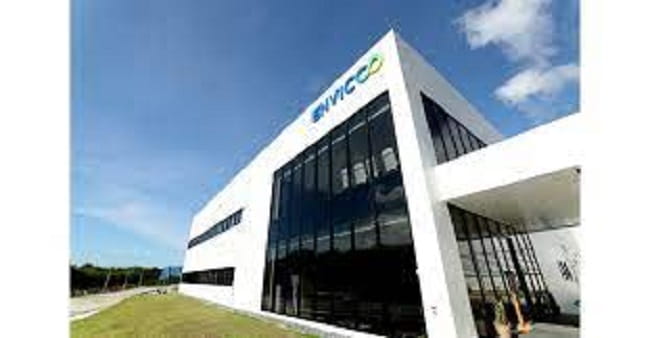
-Batteries – This is the secret to extending battery life
In Germany discovered how the passivation layer is formed between the electrolyte and the electrode which guarantees high performance over time
The world of lithium-ion batteries is now a little less mysterious. Although knowledge in the field of this type of accumulator has made great strides, in fact there remain many obscure sides on certain processes and certain operating logics.
But researchers from the German Institute of Nanotechnology in Karlsruhe KIT managed to solve the mystery of the formation of the passivation layer. What is it about? Let’s do some clarity.Recycled-PET – Battery life – EV-Cars
In the vast majority of cases, lithium-ion batteries have liquid electrolyte. But an essential component that ensures its correct functioning is the so-called solid electrolyte interface (SEI). This is a layer that forms in the contact area between the liquid electrolyte and the electrode when a battery is put into operation for the first time. Due to its physical characteristics and behavior it can be considered a separate element.
Long live the SEI
SEI can be up to 100 nanometers thick and is also called a passivation layer. It plays a fundamental role due to its electrochemical capabilities and has a decisive impact on the performance and life of the battery: it is heavily stressed at each charge cycle and when it degrades, the electrolyte decomposes as a result.
A layer that starts “from afar”
So let’s go back to the current situation. Researchers from the Karlsruhe institute have succeeded in characterizing the formation of the EIB with a “multiscale” approach. “This work solves one of the great mysteries concerning an essential part of all wet batteries, in particular the lithium-ion batteries that we use every day,” says Professor Wolfgang Wenzel, head of the research team. Recycled-PET – Battery life – EV-Cars
To examine the formation and composition of the passivation layer, the KIT researchers performed over 50,000 simulations, representing a wide variety of scenarios in the laboratory. Thus, they discovered that the growth of SEI follows a precise path that starts in the area furthest from the anode and then expands to create a porous surface that completely covers it. But why is this discovery important?
“We have identified the formation parameters of SEI – said Dr. Saibal Jana, research fellow at KIT and one of the authors of the study – this discovery will allow us in the future to develop electrolytes and additives suitable for modifying the structure and thickness of SEI optimizing performance and battery life based on the use for which they are created”.
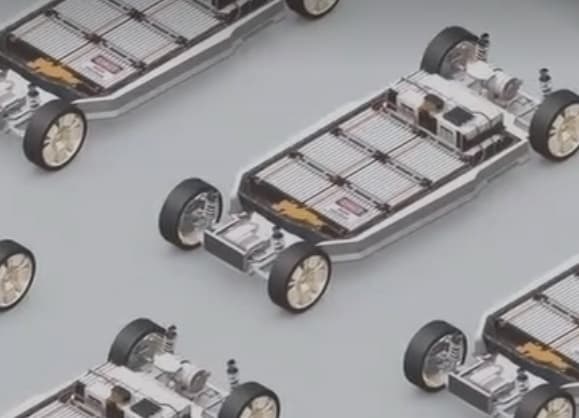
Recycled-PET – Battery life – EV-Cars
